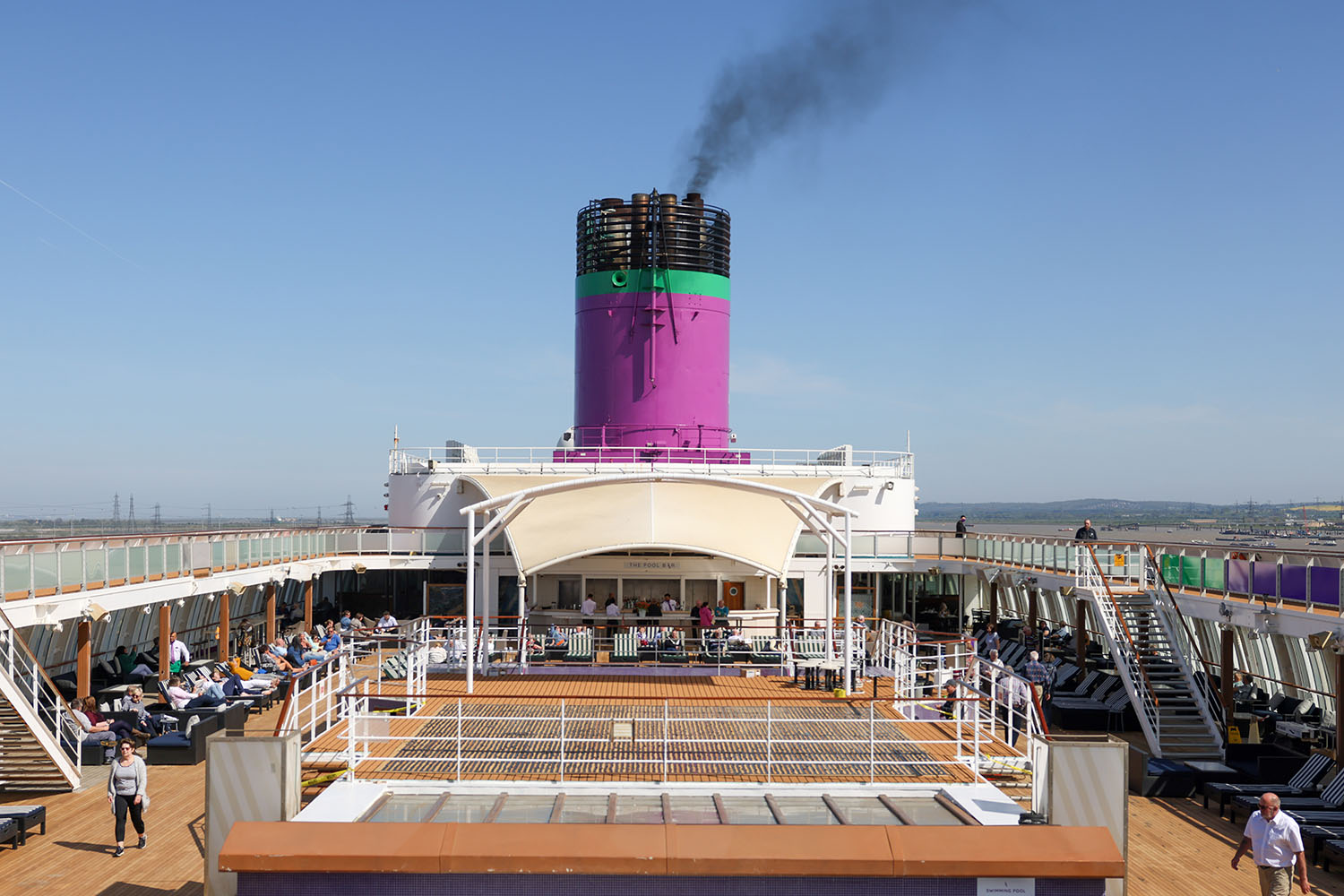
Amazon has narrowly avoided a reckoning.
Here’s what you need to know this week:
- Affairs of state: union-building, GMB and Amazon
State-by-state:
- Google got a poor forecast due to slumping demand
- Meta faced Bill C-18 in Canada
- Apple lost another senior designer
- Microsoft suffered a personal computer slowdown
- Amazon may have broken the law with “Buy Box”
- Tencent’s shares plunged on news of Xi’s third term
Amazon has narrowly avoided a reckoning. After several months of informal protests and walkouts by workers at its warehouse in Coventry, an effort to organise lawful strike action was defeated.
The ballot – the first of its kind in the UK – was close. The GMB union said the decision not to strike was carried by just three votes. Under UK law at least 50 per cent of union members need to participate in a strike for it to be valid; in this case only 49 per cent of members voted by the deadline. All but one voted to strike.
So what? Amazon employs more than 1.6 million people worldwide including 74,000 in the UK, but it doesn’t want any of them to unionise despite more than trebling profits in the first year of the pandemic. Sales and growth have plateaued since, which is one reason workers and management are now digging in their heels.
Why did they vote in Coventry? Pressure to hold a strike ballot has been building for years, but came to a head when workers were offered a pay increase of 35p to 50p, putting starting salaries at around £10.50 an hour as people face rising bills.
Running sores Amazon’s Coventry facility has faced long-running criticism over its treatment of workers:
- Accusations surfaced in 2018 that the company was calling taxis for injured workers, rather than ambulances, and that the injury rate among workers was high.
- Workers are prevented from using their phones outside designated areas and report standing in unsafe shelving and packing areas for hours at a time.
An Amazon spokesperson said that the company “would never hesitate to call an ambulance for any team member”.
Cost of living. “When inflation started the increase in pay didn’t happen,” one worker said recently. “Everything just started getting more expensive. So really it was quite insulting, because we saw during Covid that they made a lot of money.”
Why did the vote fail? Workers aren’t convinced of the benefit of a union. Amazon says it prefers to have a direct relationship with employees and can’t guarantee that staff who join a union will have access to the same benefits, support and pay.
Union-breaking. Earlier this month the company announced a £500 cost-of-living support payment to be split into two instalments: the first in October while the strike ballot was running, with the second due in December when the strike would likely have taken place. The payment was contingent on there being “no unauthorised absence between 22 November and 24 December 2022” which covers Amazon’s busiest sales period over Christmas.
Other factors seem to have played a role:
Lost in translation. Many of the workers are non-English speakers, meaning they may not have understood the union’s proposal. According to GMB, many have agreed to anti-union policies with Amazon based on written documents that the company refuses to translate. Jack Shenker, author of Now We Have Your Attention, says “a lack of shared language skills can make it harder for workers to build those informal connections that breed the beginnings of a collective identity which is the basis for any kind of unionisation.”
Watch words. GMB representatives said managers were told to listen out for words like “organise”, “action” and “unite” during meetings and informal gatherings of employees. One rep said the company tried to remove signs with those words and / or information about the ballot.
Is it over? Probably not. A worker said the removal of overtime pay at the Coventry facility meant employees were struggling. “We get paid like £400 a week for the night shift, and people’s costs are at £350 a week, and it’s going up as well.”
An Amazon spokesperson said overtime policy has not been changed and employees are offered a comprehensive benefits package including private medical insurance, life assurance and income protection, along with subsidised meals and a company pension plan.
Shenker says the traditional unions are still held back by outdated ideas of what the labour market looks like, and haven’t yet got a strong sense of how to organise with the “fragmented, precarious and shift-based workers” that make up the modern working class.
A union representative said staff were “afraid to speak up because they know they need their job” but that the conditions weren’t sustainable. The union also argues that the cost-of-living payment represents an illegal inducement not to take industrial action.
Not all Amazon workers said they’d strike given the chance. “I need to prioritise my work,” one said, “and in history it’s not really good to go against a company. It’s better to get other communications before there’s a strike.”
Why this story? Amazon has faced a cost crisis of its own this year. It hasn’t escaped the shadow of a bloated cost-base which grew through over-hiring and overbuilding during the pandemic.An increase in the wages paid to its 1.4 million or so employees is an existential threat to the retail and logistics part of its business. Amazon’s vast workforce could be its eventual undoing.









